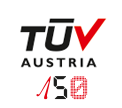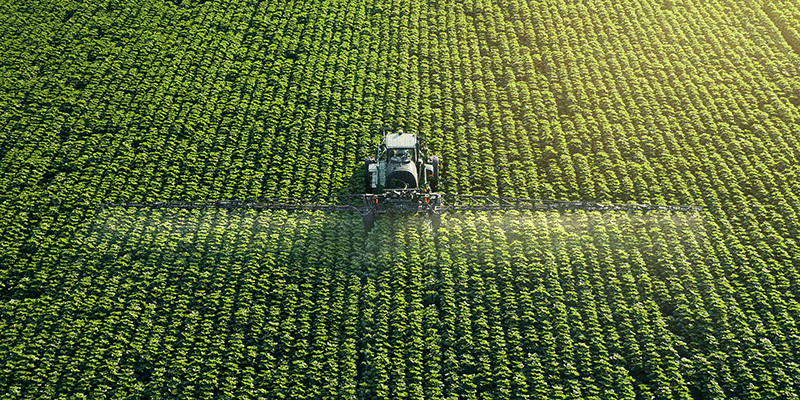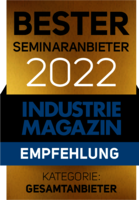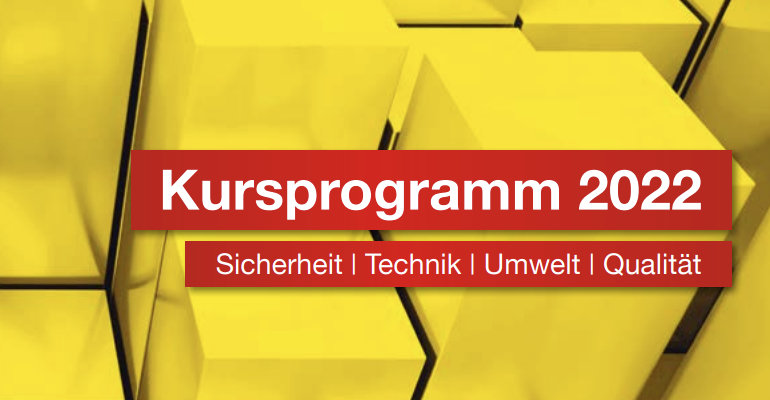TÜV AUSTRIA: New conformity assessment solutions for the EU Regulation 1009/2019 for safe and effective fertilizing products
- 15.08.2022
- Erstellt von TUEV AUSTRIA
The new Regulation (FPR) establishes a common legal framework for fertilizing products in the form of a "conformity assessment" mechanism, radically changing the product labelling requirements and the way in which fertilizing products are #CE marked. From 16th of July 2022 onwards, producers, importers, authorized commercial representatives and fertilizing products distributors will be able to market within the EU, CE-marked fertilizing products such as #organic fertilizing products, #organic_inorganic fertilizing products, growing media or plant #biostimulant , provided they comply with the requirements of the new European Legislation.
The conformity assessment procedure must be followed by producers, regardless of whether they are established in an EU country or a third country, if their products are marketed in the EU.
TÜV AUSTRIA Hellas has been approved as one of the few Notified Bodies in the EU included in the European Commission's NANDO database and provides worldwide both types of possible conformity assessments (full scope). The first includes Module B (EU Type Examination, a conformity assessment that verifies and assures that the technical design of fertilizing products meet the requirements of the FPR) and the second includes Module D1 (Quality Assurance Certification, which ensures that the quality management system for the production process complies with the FPR).
In addition, TÜV AUSTRIA Hellas is a notified body under Module A1 to ensure compliance for producers of high nitrogen (>28%) ammonia nitrate fertilizing products, for which detonation and oil retention testing shall be carried out under its supervision on a regular basis.
TÜV AUSTRIA Hellas Managing Director Ioannis Kallias: "The new regulation contains strict rules on safety, quality and labeling requirements for all fertilizers that can be freely traded throughout the EU. Manufacturers must prove that their products meet these requirements before they can use the CE mark. And at the same time, it is an important signal for the promotion of environmentally friendly innovations. This will benefit farmers and consumers."
TÜV AUSTRIA: New conformity assessment solutions for the EU Regulation 1009/2019 for safe and effective fertilizing products (C) Shutterstock, Karlos West



